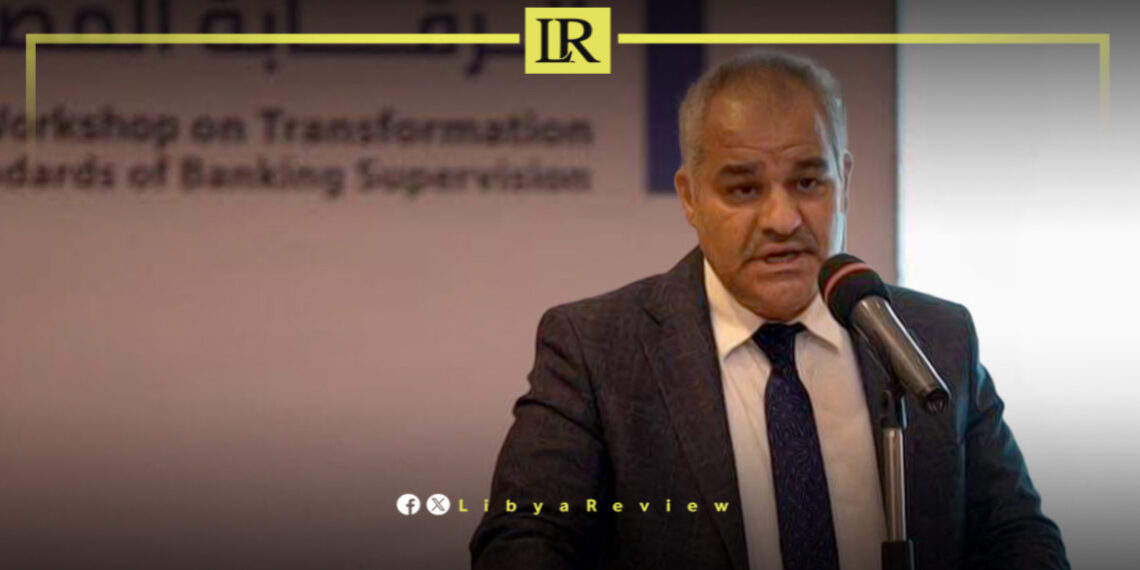The Governor of the Central Bank of Libya, Naji Essa, called on the Economy and Trade Minister, Mohamed Al-Hwaij, to reinstate a suspended regulation banning imports and exports conducted outside official banking channels. Essa cautioned that the suspension of this rule could have serious financial and security repercussions for the country.
The policy, known as Decision No. 42 of 2025, was introduced by the Economy Ministry in January and took effect on April 1. It required all international trade transactions to be processed through accredited banks. However, in early April, the ministry decided to pause the law, a move that the Central Bank says undermines Libya’s efforts to restore financial order.
In his letter, Essa expressed “regret and surprise” at the ministry’s decision to halt the ban. He warned that the reversal has fueled the growth of a parallel foreign exchange market, encouraged smuggling, and opened avenues for illicit financial activities.
These practices not only place pressure on the Libyan dinar’s exchange rate but also risk Libya’s standing with international correspondent banks that demand compliance with global standards.
Essa also flagged potential economic risks from importing goods outside official channels, including the depletion of foreign reserves and the invasion of substandard or unregulated products into the market. Such developments endanger consumer safety and undermine quality standards.
Calling for the swift restoration of the banking-only regulation, Essa urged the Economy Ministry to direct the Customs Authority to enforce the ban without delay.
He emphasized that this step is vital for achieving financial stability, ensuring legal compliance, and protecting Libya’s reintegration into the global financial system.
This appeal comes at a critical moment as Libya continues efforts to rebuild its economy following years of political upheaval and fractured governance. Financial authorities have consistently warned that informal trade undermines fiscal discipline, drains reserves, and weakens state control over strategic sectors.


